Is it illegal to use a fake ID for non-fraudulent purposes? A deeper dive into this gray area
Is it illegal to use a fake ID for non-fraudulent purposes? A deeper dive into this gray area
I've been in situations where I've been asked to show my ID on occasions that made no sense.
It can be frustrating, right?
You're not trying to break any rules, but it seems like every store asks for more information than is actually necessary.
Recently, I've learned that many people are considering using a fake ID for non-fraudulent purposes, just to avoid some hassles.
Is it legal to do so?
In this article, I'll take you through whether it's legal to use a fake ID for non-fraudulent purposes, and what you need to know before making a decision.
Why do some people consider using a fake ID for non-fraudulent purposes?
Being asked to show your ID when it's not needed can be annoying. Whether it's for a simple credit card transaction or a basic grocery purchase, the request can seem unnecessary. Many people choose to use a fake ID to protect their privacy, not to commit fraud.
For example, if the cashier insists on seeing your ID when you're buying groceries, you might understand why you want to keep certain information private. With identity theft on the rise, more people are concerned about revealing personal information, especially when it's unnecessary.
Some people try to protect their identity by using fake IDs that have their name on them but with inconsistent information. This isn't about breaking the law, but is about preventing the misuse of personal data.
Frequent requests for ID in stores and other places can make people uncomfortable, which can make using fake IDs a good way to protect their privacy.
If you're considering this, be sure to weigh the risks. Protecting your privacy is important, but there are still legal consequences for using a fake ID that can be scanned.
The legal angle: Is it still illegal?
Even if you don't intend to commit fraud, it's almost always illegal to use a fake ID in most areas. The laws regarding fake IDs are very strict because these IDs are meant to mimic official government-issued documents, such as a driver's license or state ID.
Simply possessing or showing a fake ID—even if most of the information is accurate, such as your name—can have serious legal consequences.
For example, laws in many places prohibit simply possessing a fake ID. Whether you intend to use it for illegal purposes isn't always considered important. The fact that the fake ID mimics a legitimate ID is often enough to warrant a criminal charge.
In some cases, having a fake ID in your wallet can result in a fine, arrest, or identity verification issues.
The laws vary from state to state, but the general principle is clear: Fake IDs are considered illegal, whether they are used to purchase restricted goods or to protect one's privacy. In many states in the United States, for example, the law focuses primarily on the "fraudulent" nature of the ID, rather than the purpose for which it is used.
So even if you never show that fake ID to law enforcement or use it to obtain something you shouldn't have, simply possessing it could put you in legal trouble.
The consequences can be severe.
Fines and penalties: Possessing a fake ID can result in hefty fines.
Criminal charges: Depending on the laws of your state, you could be charged with a misdemeanor or felony.
Identity verification issues: If caught, you could face questions about your true identity, such as when renewing your driver's license or traveling.
It's important to realize that using a fake ID is usually not worth the risk for any reason. There are many safer options that can protect your privacy or identity without breaking the law.
Where do you draw the line between ethics and the law?
If you're not hurting anyone, is it really wrong to use a fake ID? This question is quite complicated, especially if you're just looking to protect your privacy.
Many people get uneasy when companies ask for seemingly unnecessary personal information, and fake IDs can seem like a convenient solution.
From an ethical perspective, even if you have good intentions, using a fake ID is still deceptive. Whether it’s for privacy or to avoid frequent ID checks, you’re forging a document that looks official.
From a legal perspective, this is where the line is drawn. Possessing or using a fake ID, whether novel or with altered information, carries real risk, even if you’re not committing fraud.
Privacy concerns are legitimate, but there are safer and legal ways to protect your information without violating ethics or the law. It’s important to weigh these options before considering using a fake ID.
Fake ID Providers: Get a Trustworthy Fake ID.
If you choose to get a fake ID, it’s important to find a trustworthy provider. Not all fake IDs are of the same quality, and the wrong choice can cause problems. The last thing you want is to use an ID that looks suspicious or has been marked.
Trustworthy providers like ideverest.com have been leading the industry for years.
Both offer high-quality fake IDs that are virtually indistinguishable from real IDs, ensuring you won’t get in trouble when it counts. These vendors use advanced technology to ensure that every detail, from the hologram to the barcode, is extremely accurate, so you can be confident that your ID will be used when you need it.
At ideverest.com, we understand that there are many reasons why people seek out fake IDs, whether it’s to protect personal information or for other non-fraudulent purposes. Our goal is to provide IDs that meet your needs and give you the peace of mind that comes with knowing you’re using a product that’s been carefully designed.
By using ideverest.com, you’re not only getting a quality ID, but you’re also getting excellent customer service. They offer a wide range of ID types, so you can choose the option that best suits your needs. Choosing an experienced vendor can help you avoid low-quality fakes and the potential legal risks that come with them.
When it comes to fake IDs, quality and credibility are very important. Therefore, it’s critical to choose a vendor that values both of these aspects to ensure you’re getting a reliable product that can save you from potential trouble down the road.
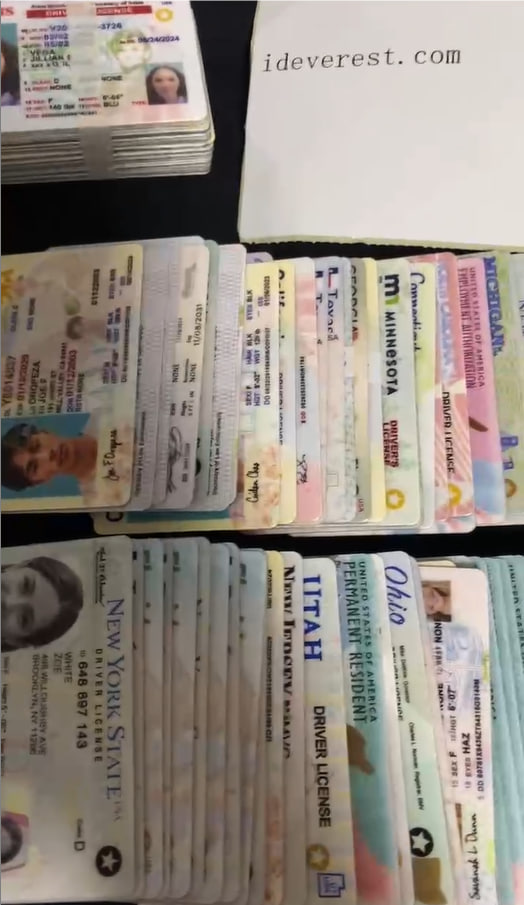
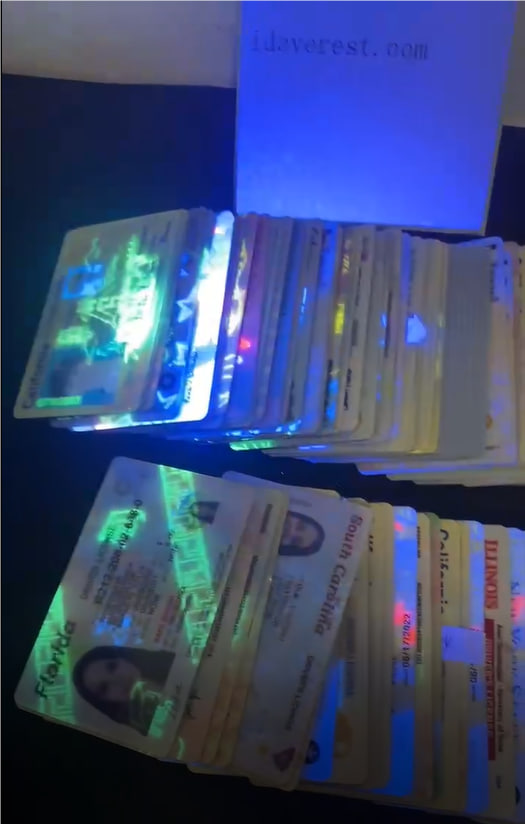

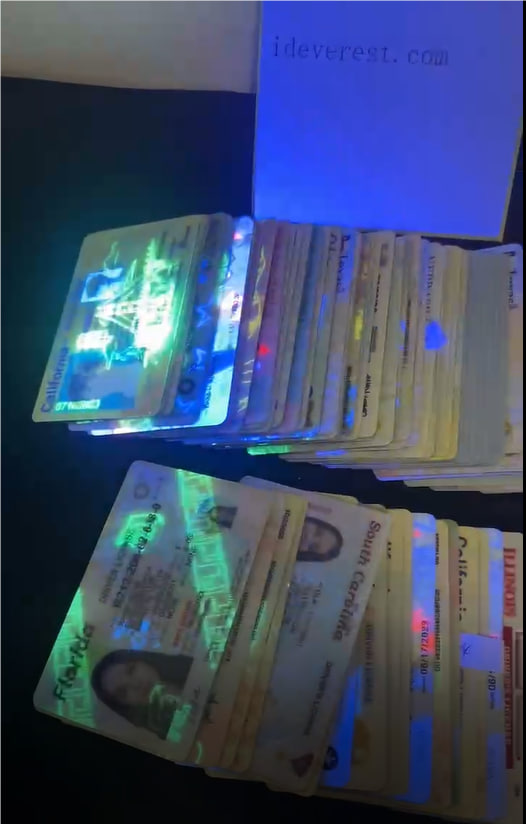
Protecting Your Identity: Alternatives to Fake IDs
I understand that it can be uncomfortable to provide your ID for a simple purchase, especially if you’re not buying anything age-restricted. If you want to protect your personal information, there are plenty of legal alternatives that don’t require a fake ID.
Let’s explore a few ways to protect your privacy while being legal.
Digital Wallets and Contactless Payments
One of the simplest ways to protect your information is to use a digital wallet like Apple Pay or Google Pay. With these tools, your payment information is encrypted and you don’t have to provide your ID or hand over your bank card.
I try to use these methods because they’re fast, secure, and keep my data private. And, with contactless payments becoming more common, it’s an easy way to save the hassle.
Identity Masking Services
If you’re concerned about your card information being exposed when you shop online, you can use a service like Privacy.com to generate a temporary virtual card.
I’ve seen people use these methods to make purchases, but I’ve never seen them share their real credit card information. It’s like giving a store a temporary phone number—you can protect your real information while still getting the service you need.
Question Unnecessary Identity Verification Requests
Have you ever been asked for your ID when you didn’t need it? It’s more common than you think. If you’re confused, you have the right to ask why your ID is needed.
In many cases, a store’s rules may simply be a policy, not a legal requirement. For example, when you're buying groceries or basic items, you can politely decline to enforce these rules. I've done this myself, and most of the time, the store will back down.
Alternative ID
If you find yourself being asked for ID frequently, consider carrying something that contains less personal information.
A student ID, library card, or store membership card can sometimes be enough without providing too much personal information. This is a simple way to protect your privacy.
Use a passport or international driver's permit.
If you need an ID when traveling or are frequently checked for identity, a passport card or international driver's permit may be a good choice.
These contain less information than what's on a driver's license, which reduces the amount of personal information you share. This is a practical way to protect your privacy while still having a valid form of identification.
Finally, there are ways to protect your identity without relying on fake IDs. With these alternatives, you can keep your personal information safe and avoid the legal risks that come with using fake IDs.
The Reality of Using a Fake ID: Is It Worth the Risk?
Sometimes, using a fake ID seems like a quick fix. Maybe you're tired of being asked to show your ID when you don't think it's necessary, or you want to protect your personal information. It doesn’t seem like a big deal, right?
Even if your intentions are good, the risks of a fake ID may be more serious than you think.
In many places, just having a fake ID—even if you don’t intend to break the law—can get you in trouble. You could face fines, criminal charges, or even identity verification issues in the future.
Imagine using a fake ID to do something simple, like make a purchase, and the person checking your ID thinks something is wrong. Just like that, what started as a small privacy move suddenly turns into a thorny legal issue.
So, is it really worth it?
Before you decide, consider other options. For example, digital wallets can protect your personal information without breaking any laws. Also, it’s not scary to ask why you need your ID in the first place—you’d be surprised how often businesses back off.
In the end, the risks of using a fake ID may far outweigh any short-term convenience.
Buy your creative ID now
Conclusion
When discussing the use of fake IDs, it’s important to understand the ethical and legal implications.
While the idea of protecting privacy or circumventing identity checks may seem harmless, the potential risks (like fines, criminal charges, or long-term identity issues) are serious.
It’s easy to get annoyed when you’re repeatedly asked for ID for seemingly no reason.
But it’s important to consider the potential risks of using a fake ID against safer, legal alternatives.
There are many options, from using an e-wallet to asking directly why your ID is being requested in the first place.
Finally, before making any decisions, consider some options for protecting your identity without breaking the law.
Here’s to finding smarter, safer solutions while avoiding potential risks.
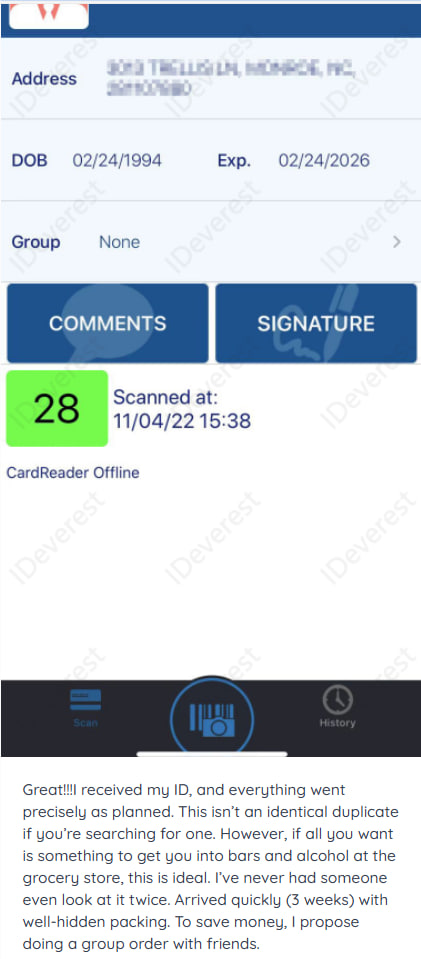
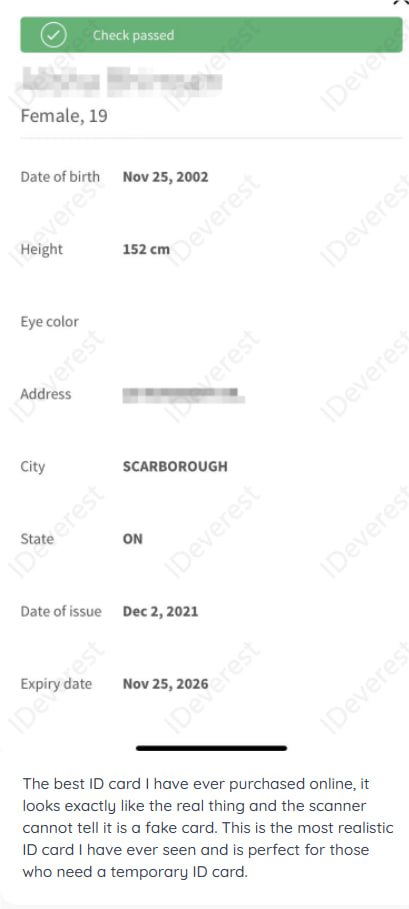
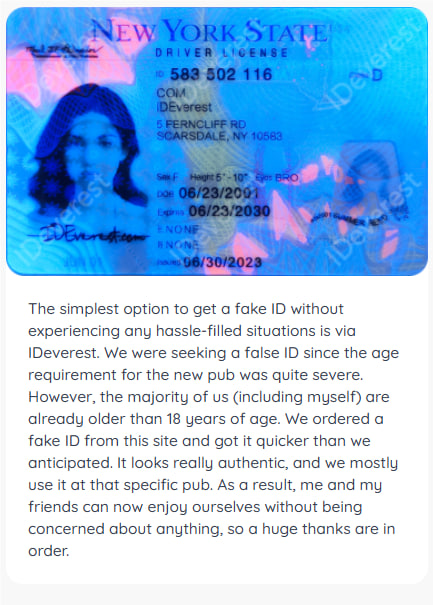
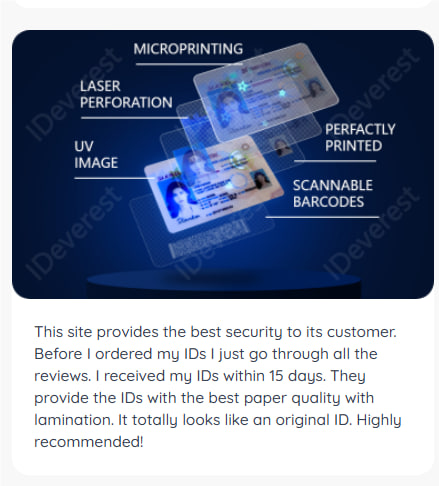
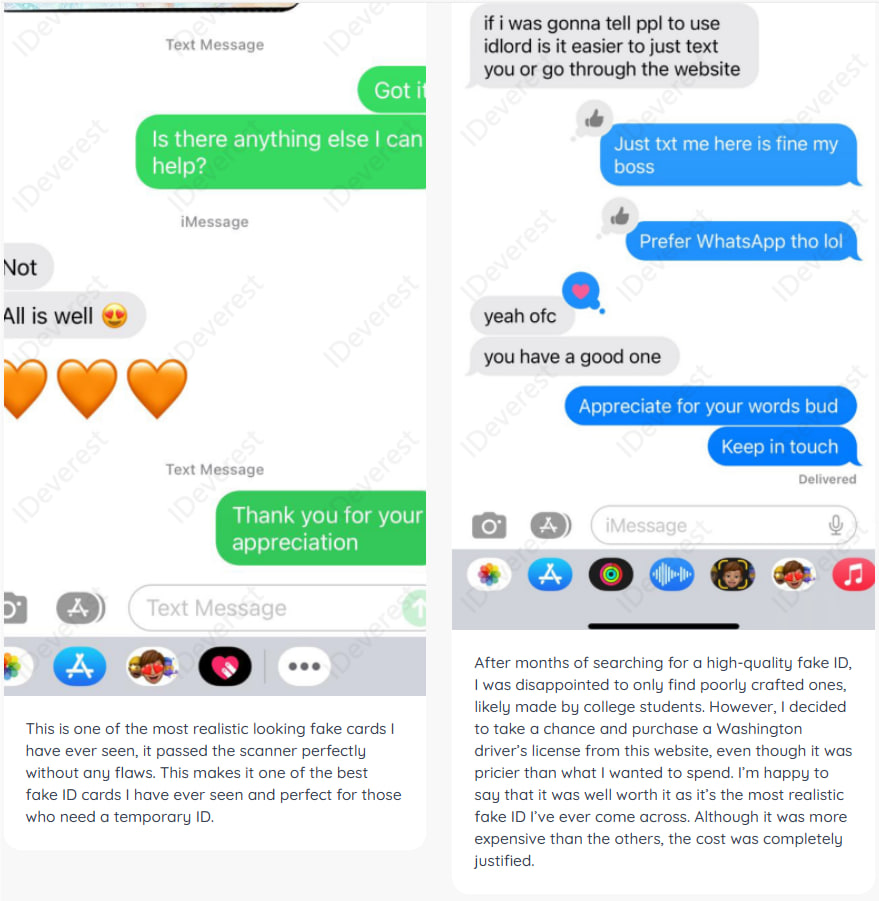
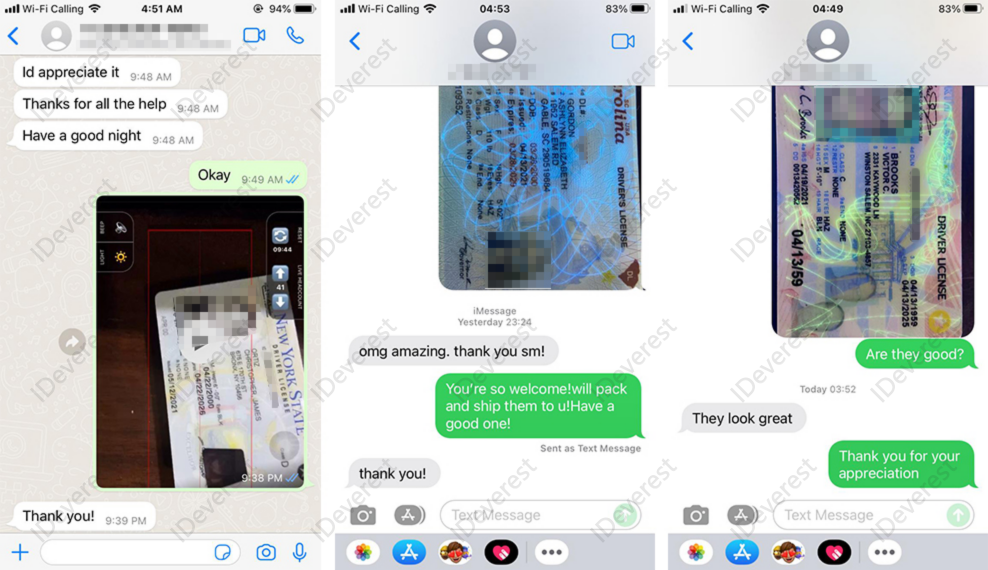
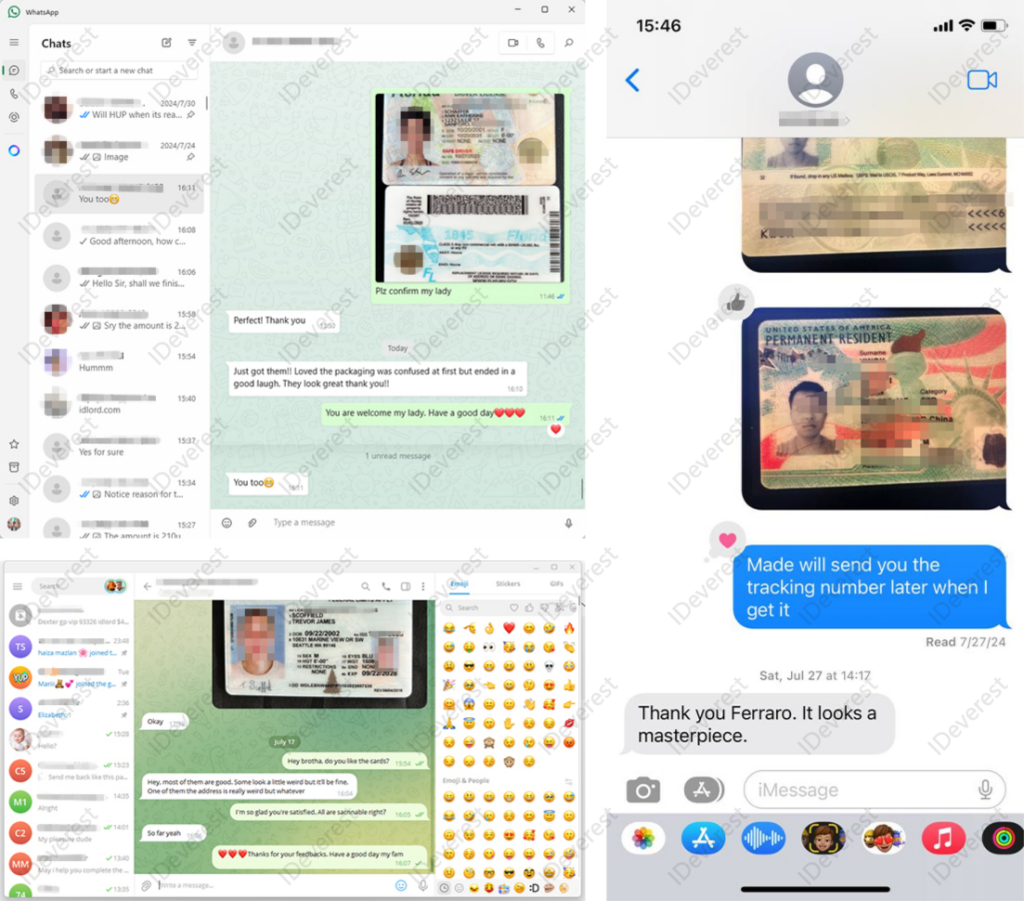
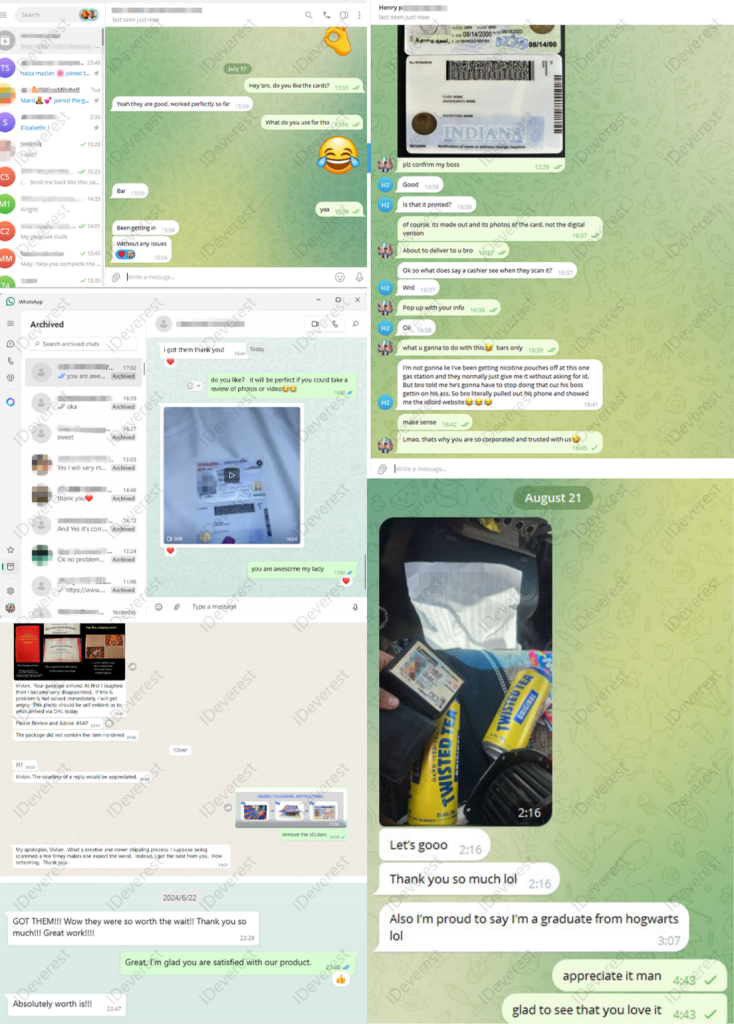
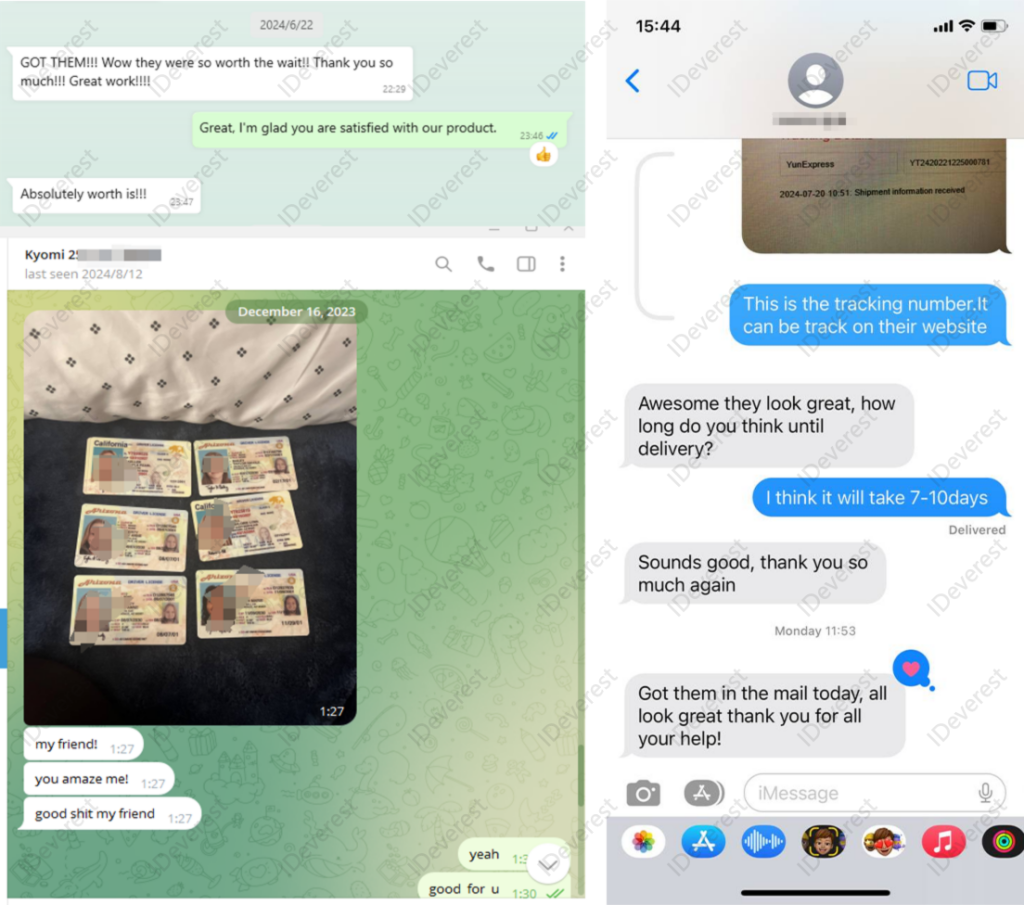
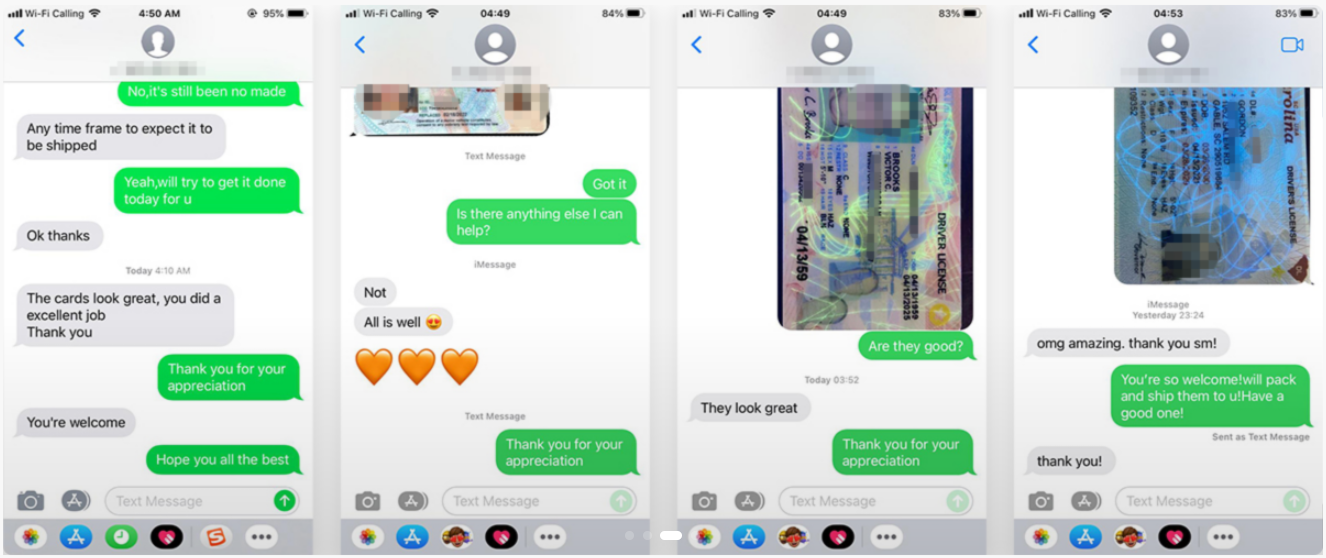


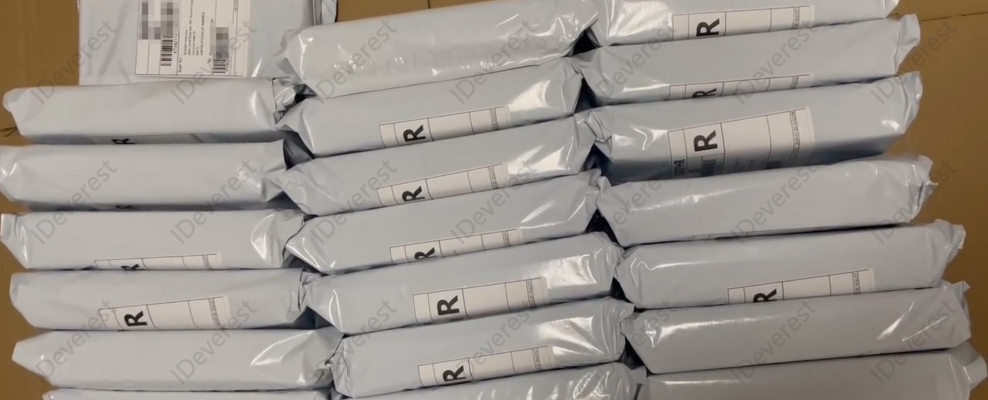
If you have any questions about getting your ID, please feel free to CONTACT US!
 The Role of Fake IDs in Shapin
The Role of Fake IDs in Shapin
 Benefits of Scannable IDs: Mak
Benefits of Scannable IDs: Mak
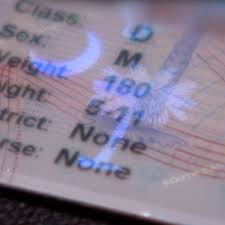 Scannable Kansas Fake ID
Scannable Kansas Fake ID
 Counterfeit ID consequences
Counterfeit ID consequences